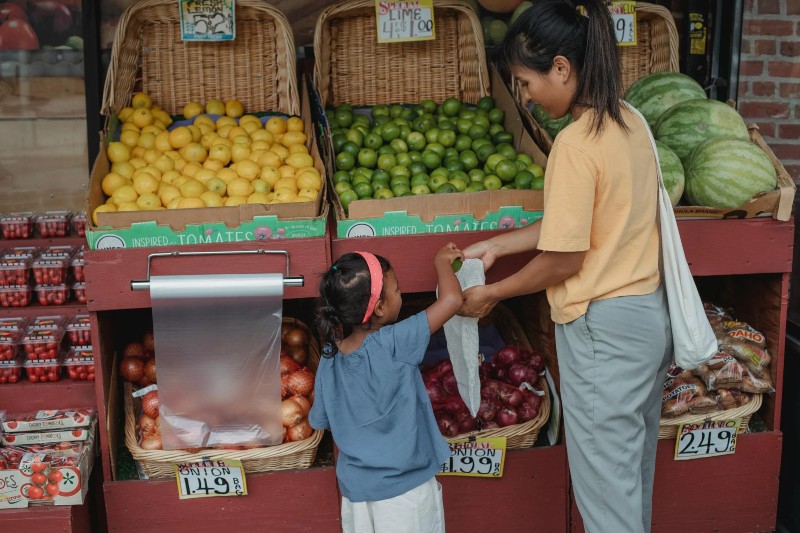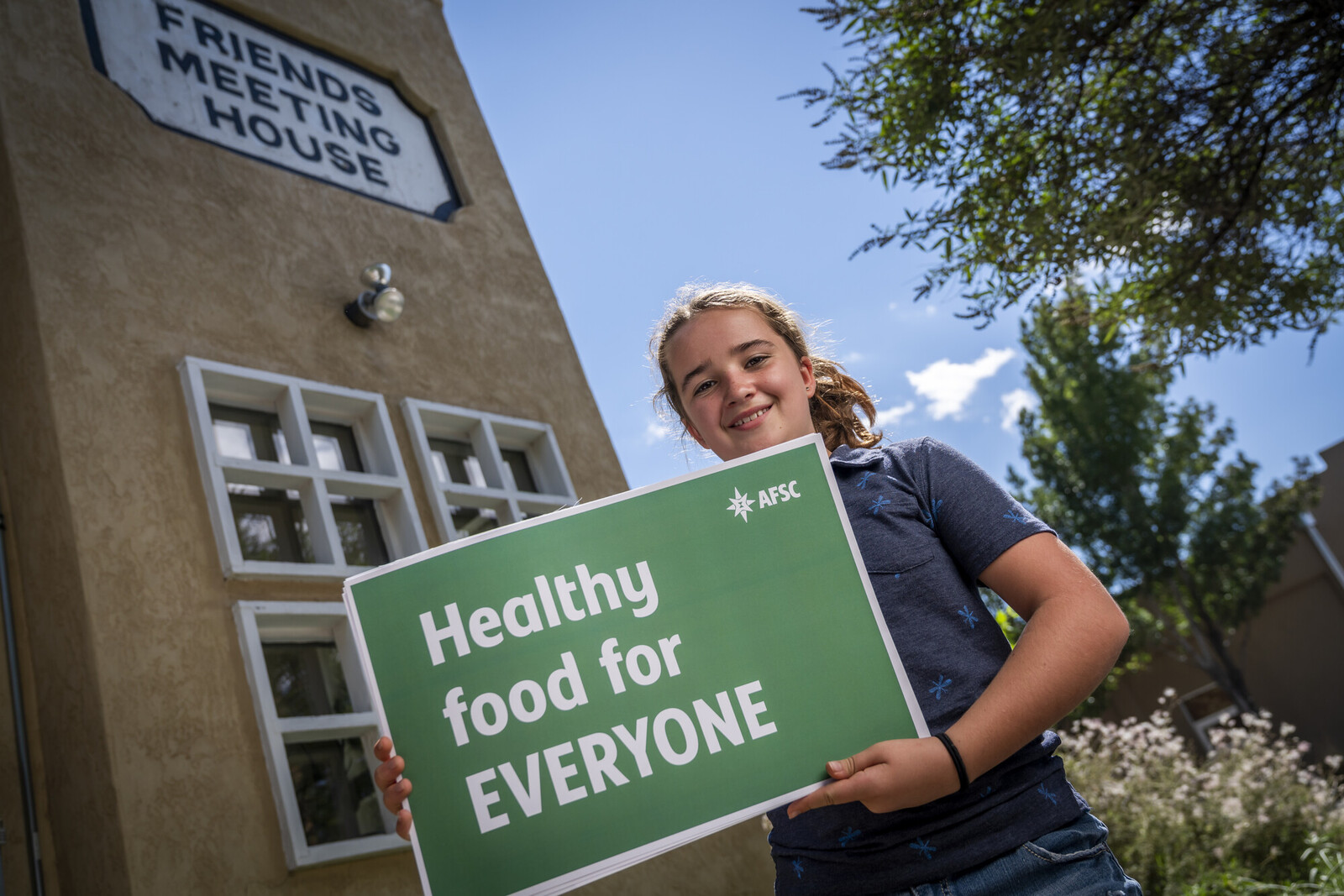
Kamaji Ogino/Pexels
It’s no secret that hunger affects kids’ health and makes it harder for them to learn and thrive in school. In recent years, there has been growing awareness that millions of children in the U.S. rely on school breakfasts and lunches—and increasingly after-school snacks and meals—for a significant part of their nutrition.
This has led many to ask about what happens to those children when school is not in session. This is an especially crucial question in a time of pandemics, extreme weather events, and other disasters.
Even a polarized Congress has recognized the importance of this issue. Recently, Congress enacted a permanent program to help low-income kids get the food they need when schools are out for summer. The Summer Electronic Benefits Transfer (EBT) program, which will take effect this year, is modeled on the Pandemic EBT cards issued during the COVID public health emergency.
The new program will provide pre-loaded cards worth $120 in grocery-buying benefits to low-income families with school-age children. As many as 30 million children could benefit, according to the Food Research and Action Council (FRAC). With the help of other programs—such as SNAP Stretch, which doubles or even triples the purchasing power of EBT cards at farmers’ markets—Summer EBT can dramatically improve child nutrition. That means more kids will have access to the food they need year-round, which will pay off in the long term for their health and well-being.
There are economic benefits to the program, as well. Summer EBT could provide a boost to local businesses, farmers, and economies worth at least $3.6 billion from the EBT cards alone. In addition, the USDA estimates that every dollar of EBT benefits spent generates a multiplier effect of 1.54.
How you can help
The Summer EBT program is based on a federal-state partnership, with states having to share administrative costs. Recognizing the value of this program, most states—whether led by Democratic or Republican administrations—have chosen to implement it.
Unfortunately, as of this writing, 14 states have chosen not to participate in 2024. That leaves more than 10 million children without this critical benefit. Those states are:
- Alabama
- Alaska
- Florida
- Georgia
- Idaho
- Iowa
- Louisiana
- Mississippi
- Oklahoma
- South Carolina
- South Dakota
- Vermont
- Wyoming
Do you live in one of these states? You can help by joining AFSC’s campaign to persuade leaders in your state to implement Summer EBT.
AFSC, with our over 100 years of experience in working for food security, is partnering with national and state allies to ensure that all eligible children can benefit from this program. We will share ideas, talking points, media toolkits, data, materials, and other tools to support you in working to achieve this goal.
Together, we can ensure more kids have the food they need while school is out.
If you’re interested in working toward a No Hunger Summer, please contact us at nohungersummer@afsc.org.

